Extensive program, unique place and historical occasion
Our Summer School on the Rule of Law focused on topics related to the rule of law. The core of the program comprised a series of lectures delivered by experts specializing in various aspects of law, such as legal education, legal aid, advocacy for the rule of law, fair trial standards, current threats to judicial independence, and raising general awareness of the rule of law.
There are hardly any similar summer programs, yet it has transpired that our idea to organize a summer school on the rule of law has been a huge success. From the conversations I had with the participants I have learned that there is a considerable interest in potential future editions of the program. Absolutely everyone left our campus happy and pleased that they had such a great opportunity to participate in our program.
Filip Czernicki, Ph.D.
Director of the Summer School on the Rule of Law
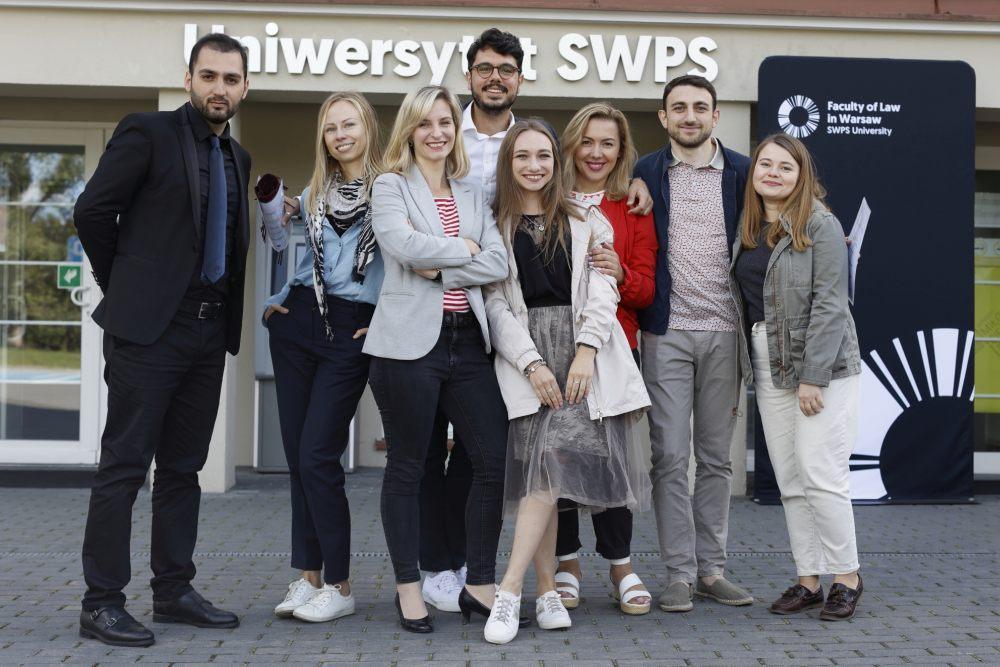 Photo: Grzegorz Mehring
Photo: Grzegorz Mehring
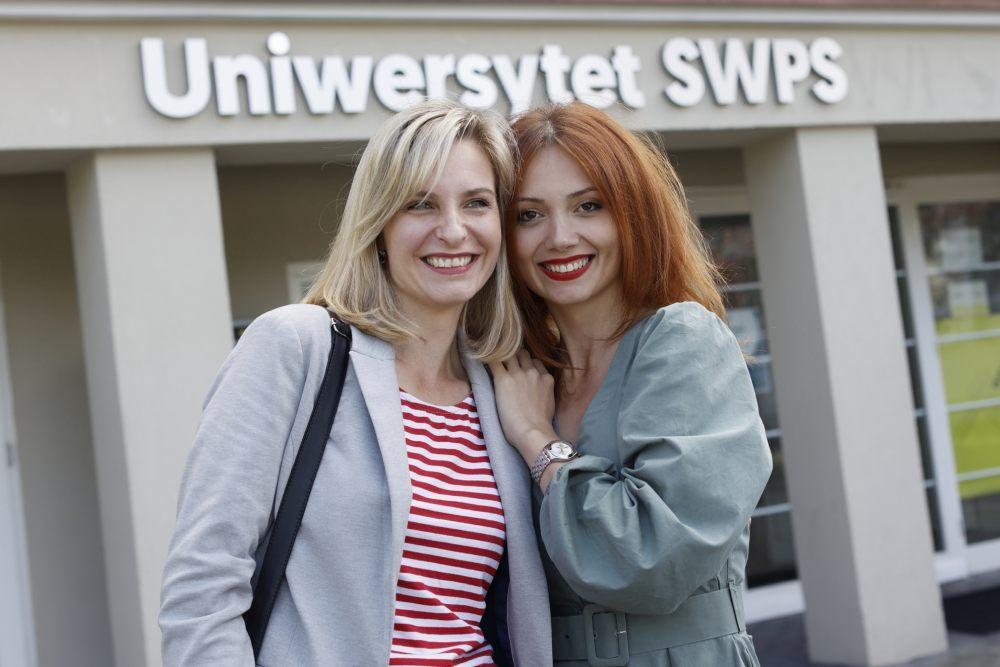 Photo: Grzegorz Mehring
Photo: Grzegorz Mehring
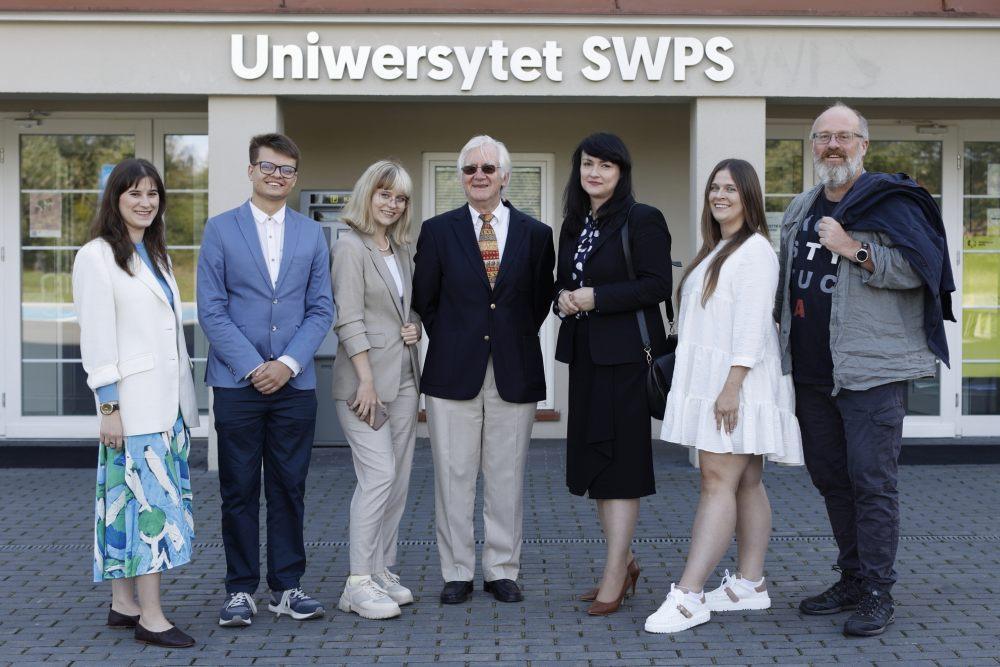 Photo: Grzegorz Mehring
Photo: Grzegorz Mehring
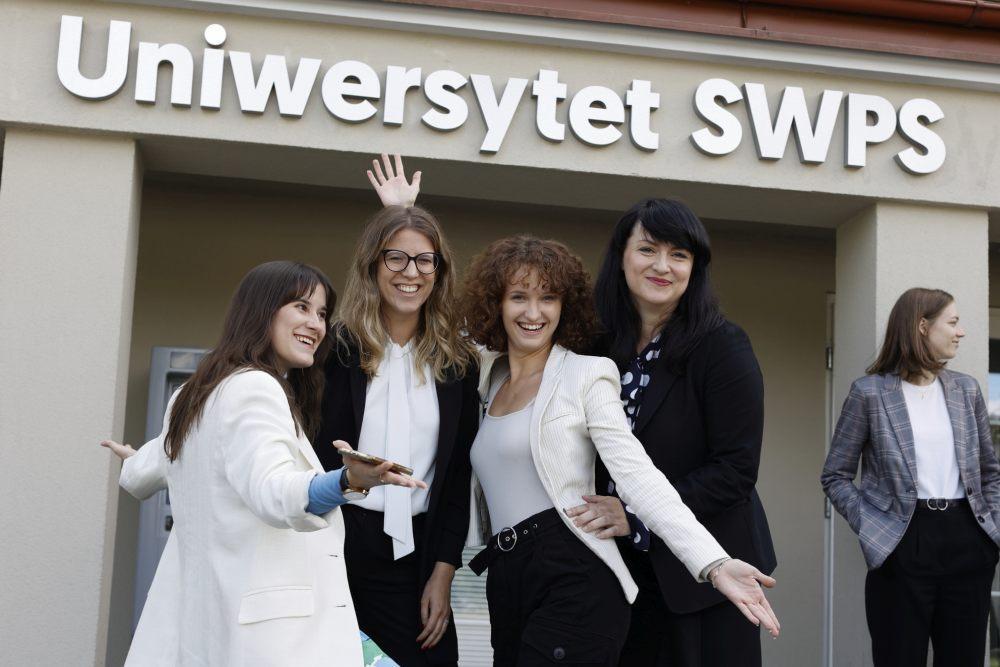 Photo: Grzegorz Mehring
Photo: Grzegorz Mehring
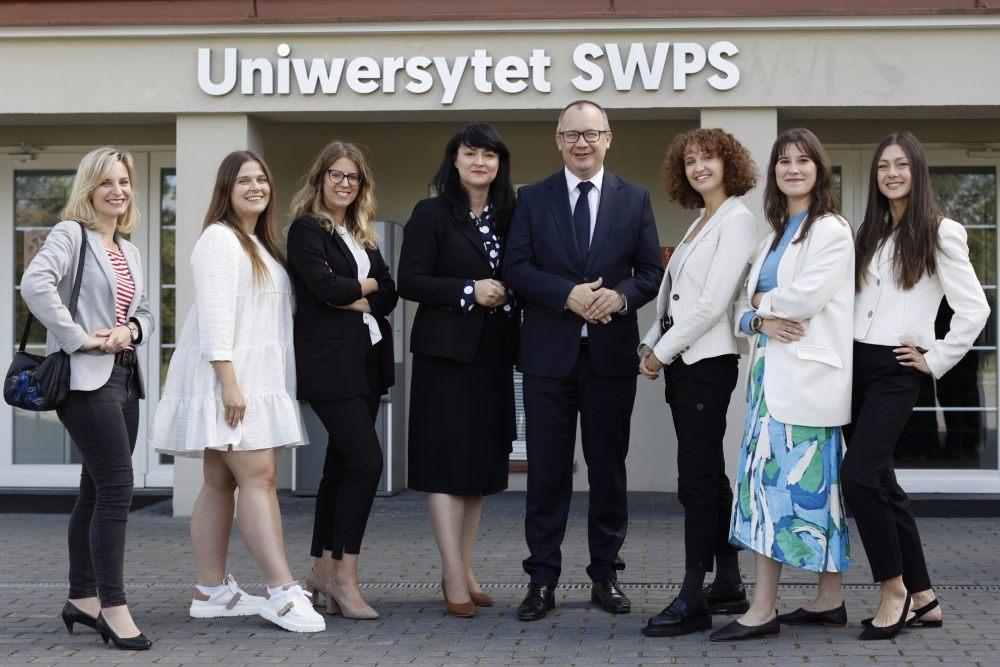 Photo: Grzegorz Mehring
Photo: Grzegorz Mehring
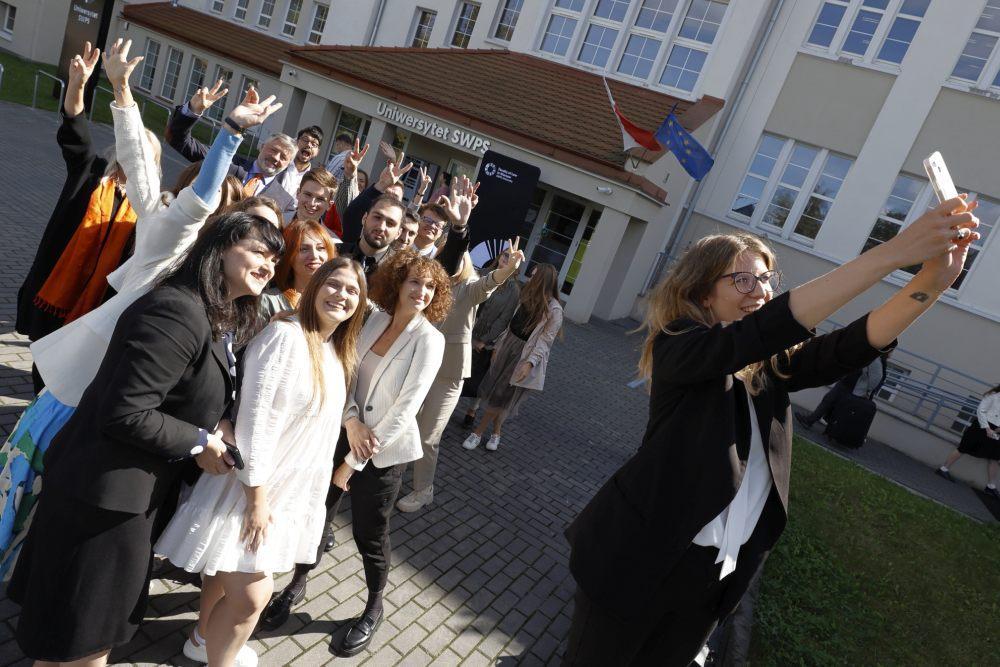 Photo: Grzegorz Mehring
Photo: Grzegorz Mehring
The classes took place at the Faculty of Psychology in Sopot from August 26 to September 3, 2022. The date and location were chosen deliberately, as August 31 is commemorated in Poland as the day when in 1980 the Communist government and the striking shipyard workers, led by Lech Wałęsa, signed the so-called August Accords, which led to the fall of Communism in Eastern Europe.
The Accords were signed following an 18-day sit-in strike at the Gdańsk Shipyard and protests in over 700 factories and state-owned businesses across Poland.
Therefore, on August 31, 2022, our summer school attendees participated in the commemoration of the 42nd anniversary of the signing of the August Accords. They attended the wreath-laying ceremony at the Monument to the Fallen Shipyard Workers, who were killed by the so-called Citizen’s Militia (Milicja Obywatelska), the Communist state police organization, in 1970, in Gdańsk. Additionally, the school participants took a guided tour of the European Solidarity Center, and attended a lecture on the contemporary understanding of the idea of the Solidarity Movement.
Every year, the anniversary of the August Accords is a significant day for Poland and Europe, and is commemorated by a special ceremony in the Tri-City (greater municipality of Gdańsk, Sopot, and Gdynia), with many European and Polish officials attending the events.
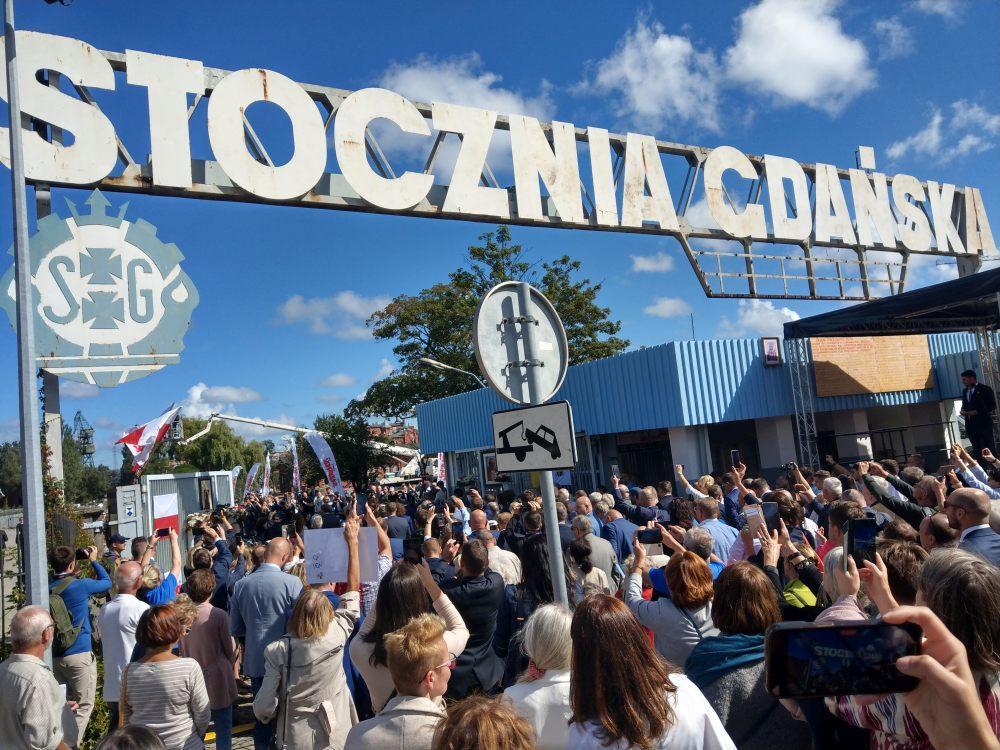 Photo: Filip Czernicki
Photo: Filip Czernicki
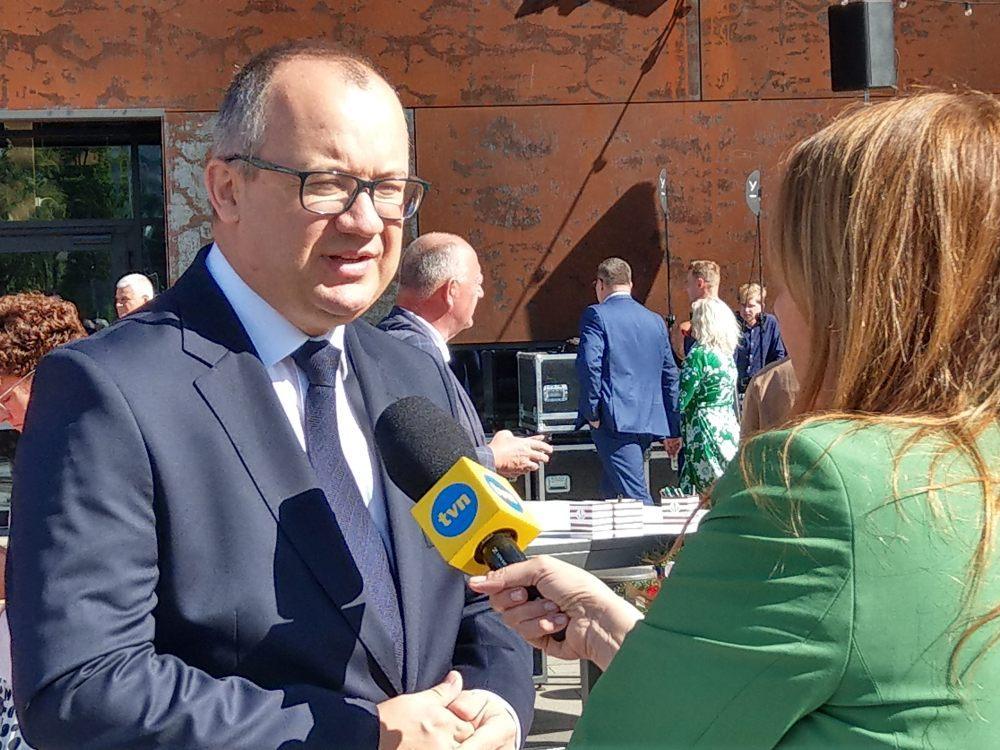 Photo: Filip Czernicki
Photo: Filip Czernicki
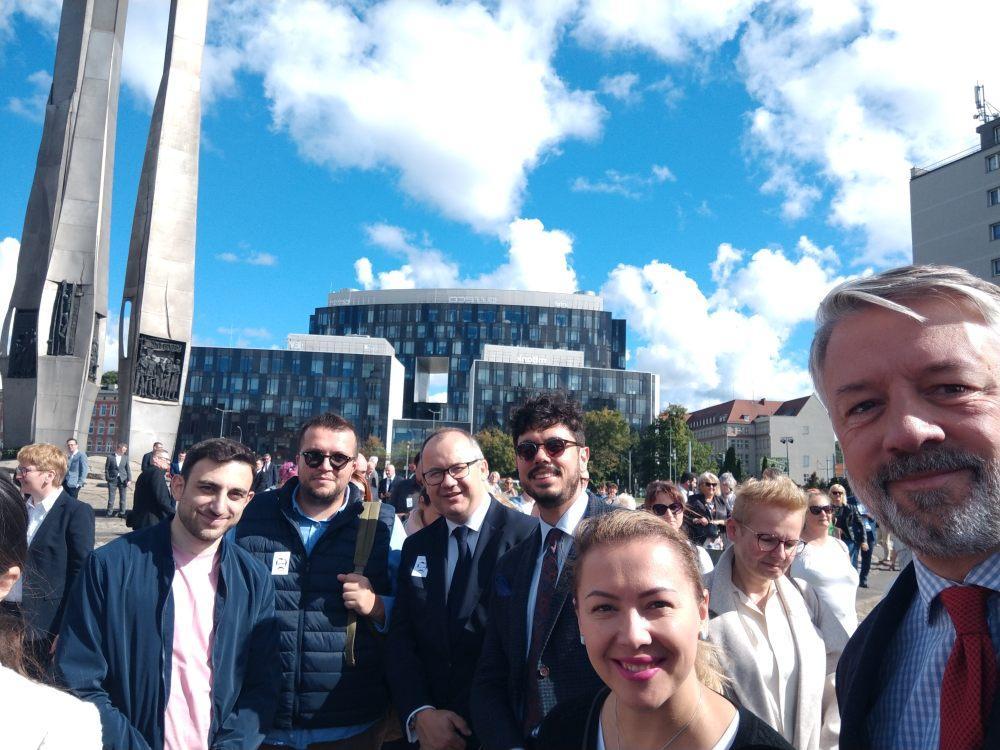 Photo: Filip Czernicki
Photo: Filip Czernicki
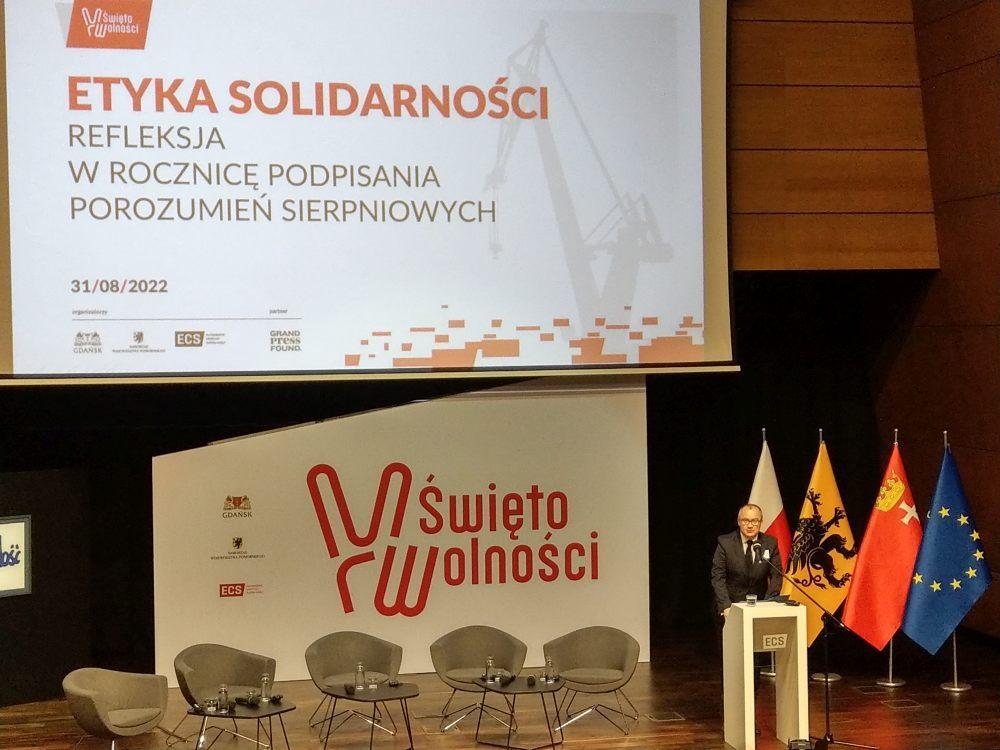 Photo: Filip Czernicki
Photo: Filip Czernicki
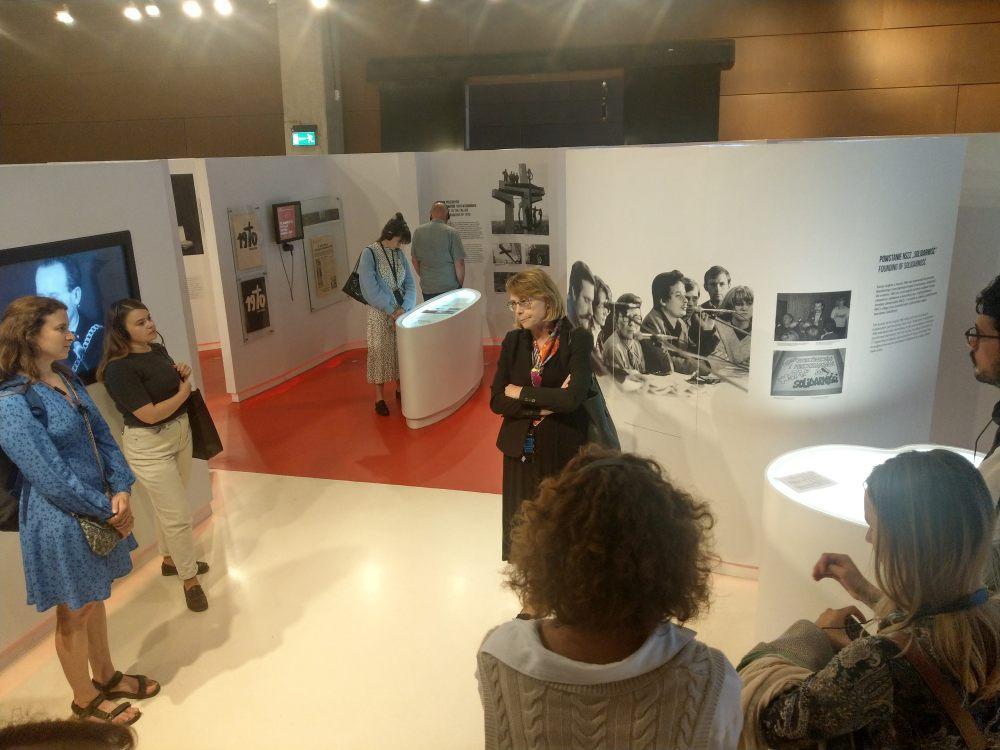 Photo: Filip Czernicki
Photo: Filip Czernicki
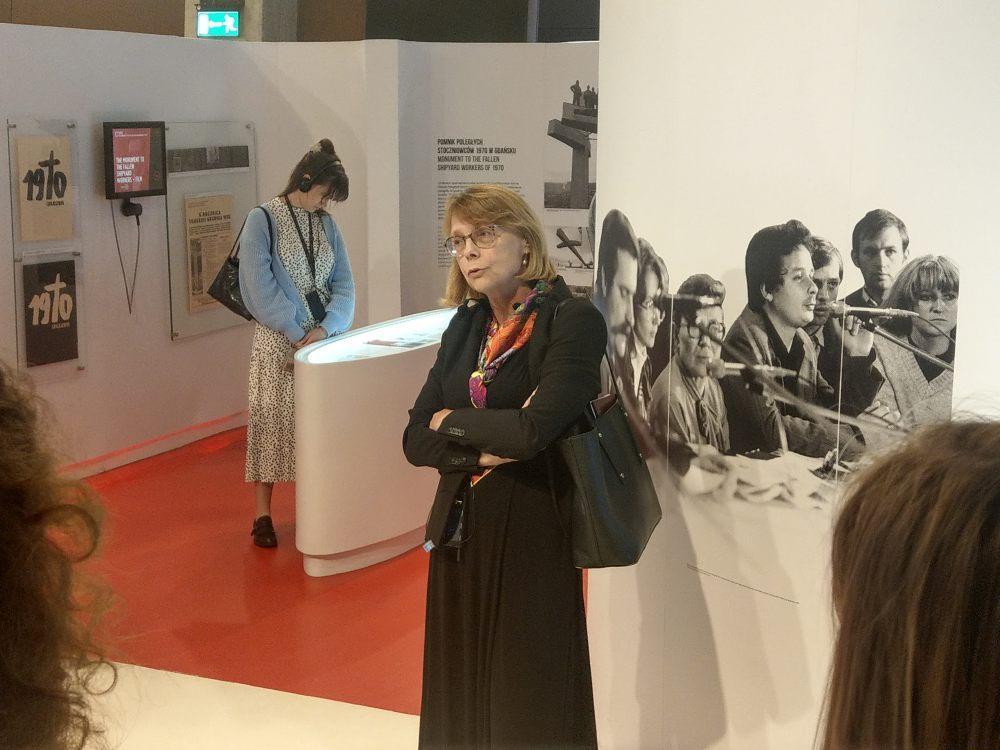 Photo: Filip Czernicki
Photo: Filip Czernicki
We scheduled the course so that it coincided with the official celebrations of the signing of the historical August Accords and the conference held at the European Solidarity Center. For many of our students, it was an honor to lay a wreath at the Monument to the Fallen Shipyard Workers. It was a very moving moment for all of us.
Filip Czernicki, Ph.D.
Director of the Summer School on the Rule of Law
The program of the Summer School on the Rule of Law also included extracurricular activities, such as an evening screening of the Judges Under Pressure documentary and a meeting with attorneys representing political dissidents who challenged the Communist regime that was in power in Poland (then known as the Polish People's Republic, from 1952 to 1989). Upon the completion of the program, all students received certificates of participation.
Learning from the best experts in Europe
Our goal was to provide students with an opportunity to learn from the acclaimed legal professionals who work and teach across Europe. We invited nearly 30 experts, not only from Poland but also from France, Great Britain, Hungary, and Norway—to share their experience and knowledge concerning the rule of law.
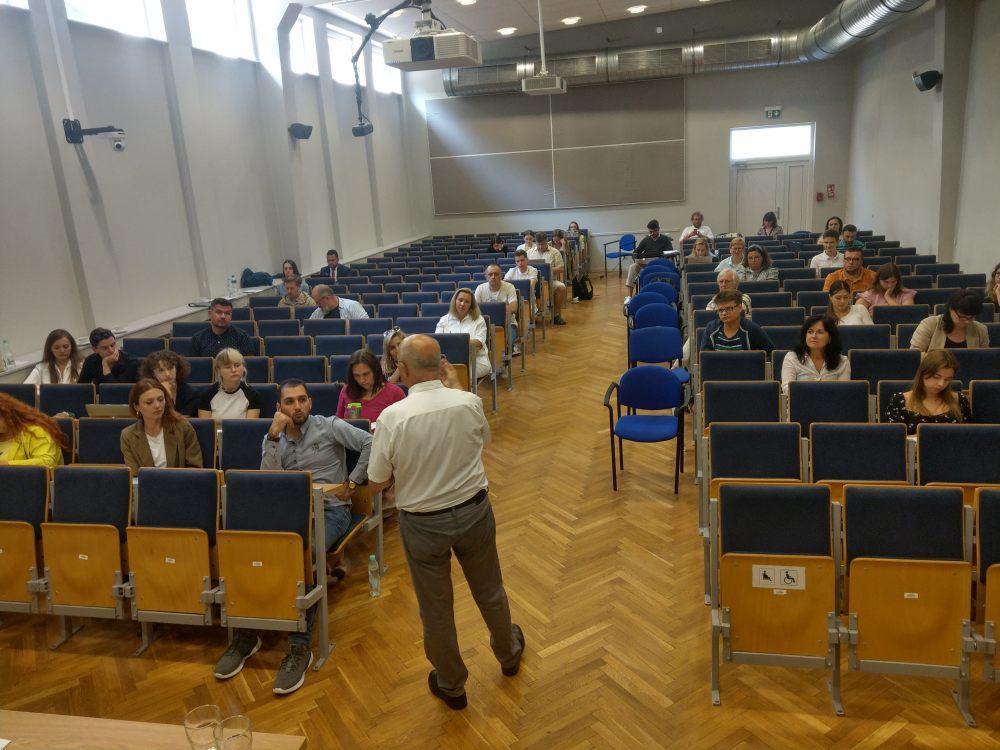 Photo: Filip Czernicki
Photo: Filip Czernicki
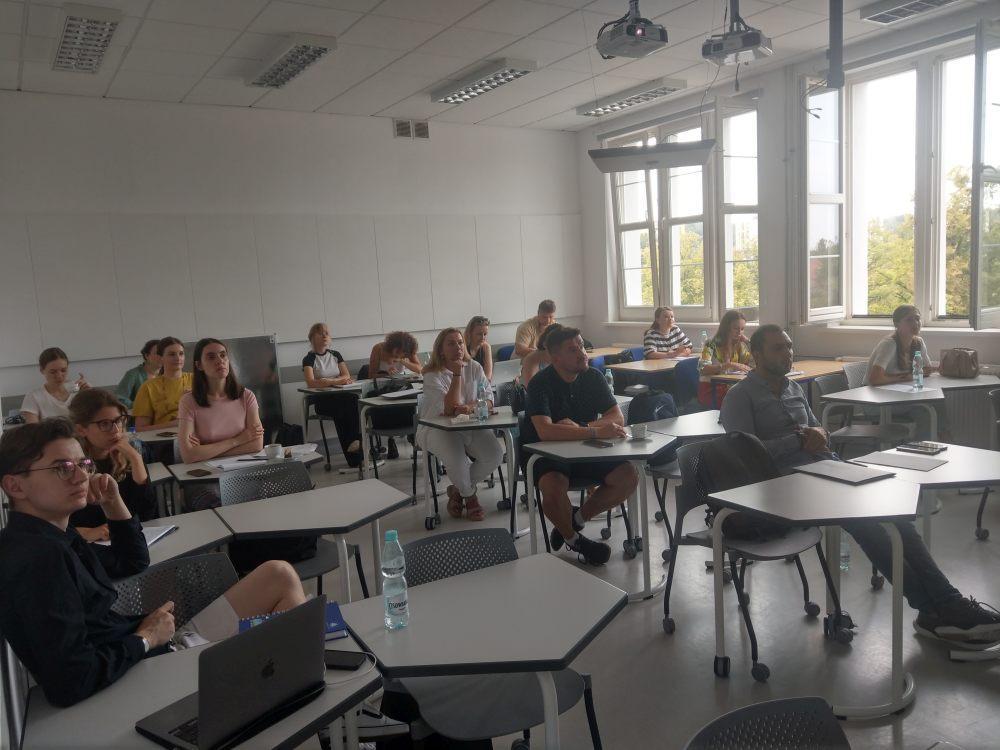 Photo: Filip Czernicki
Photo: Filip Czernicki
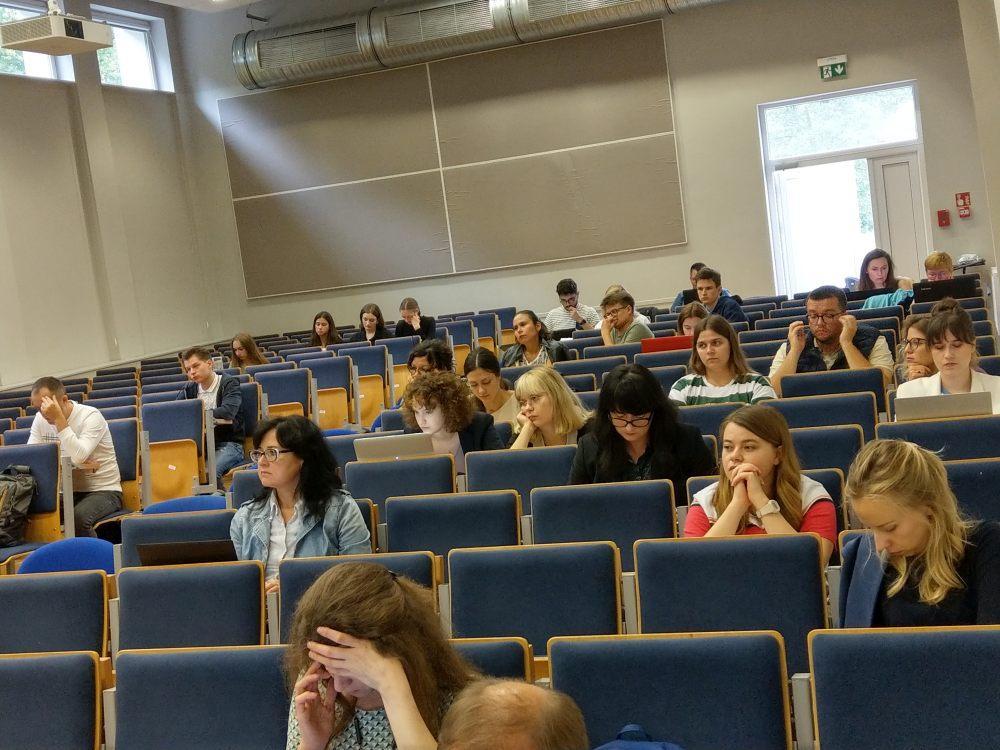 Photo: Filip Czernicki
Photo: Filip Czernicki
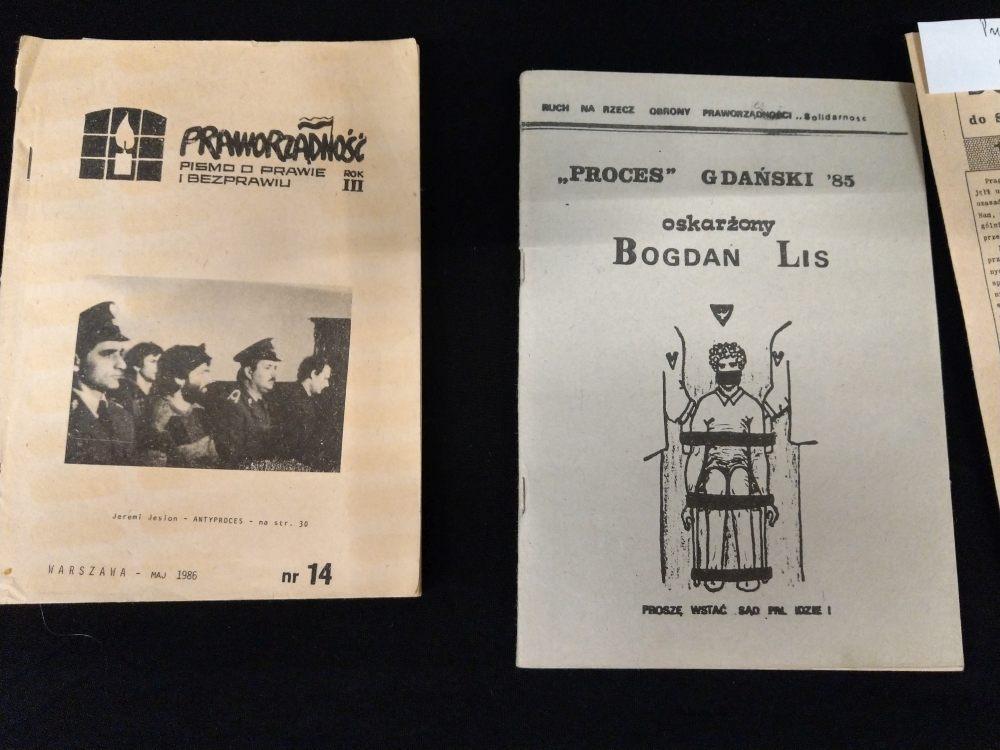 Photo: Filip Czernicki
Photo: Filip Czernicki
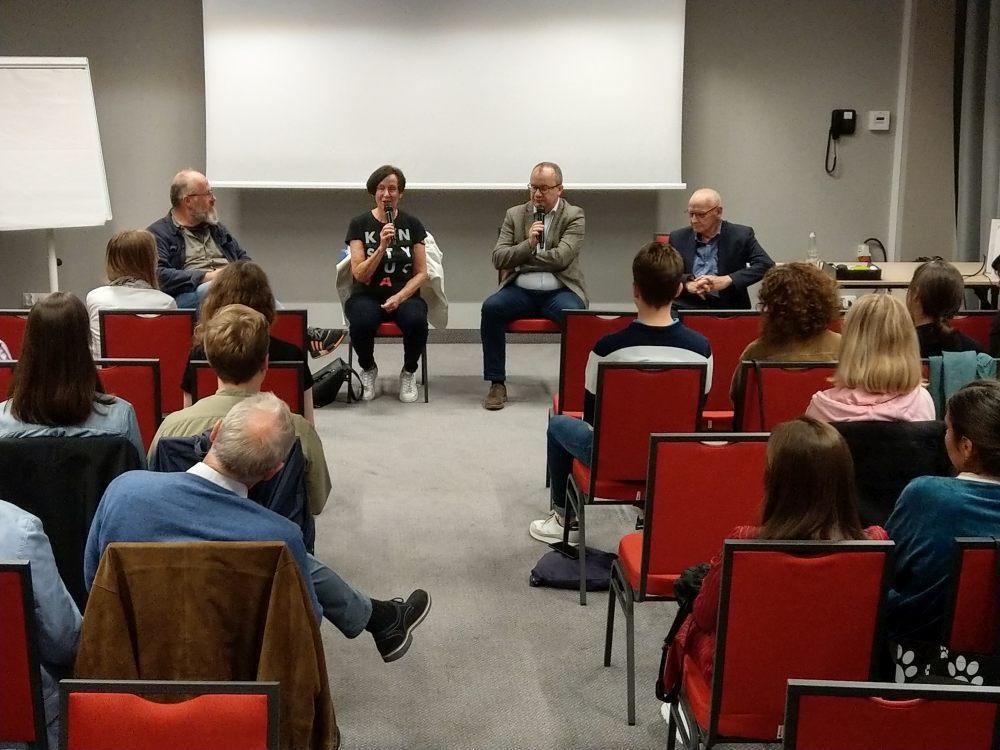 Photo: Filip Czernicki
Photo: Filip Czernicki
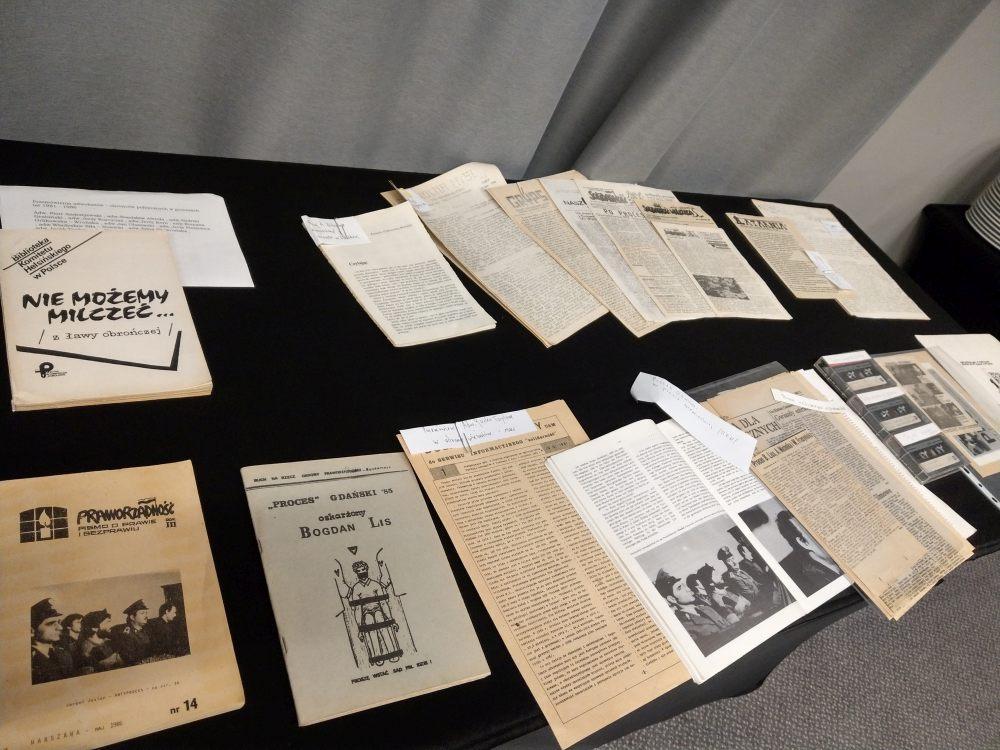 Photo: Filip Czernicki
Photo: Filip Czernicki
 Photo: Elżbieta Seredyńska
Photo: Elżbieta Seredyńska
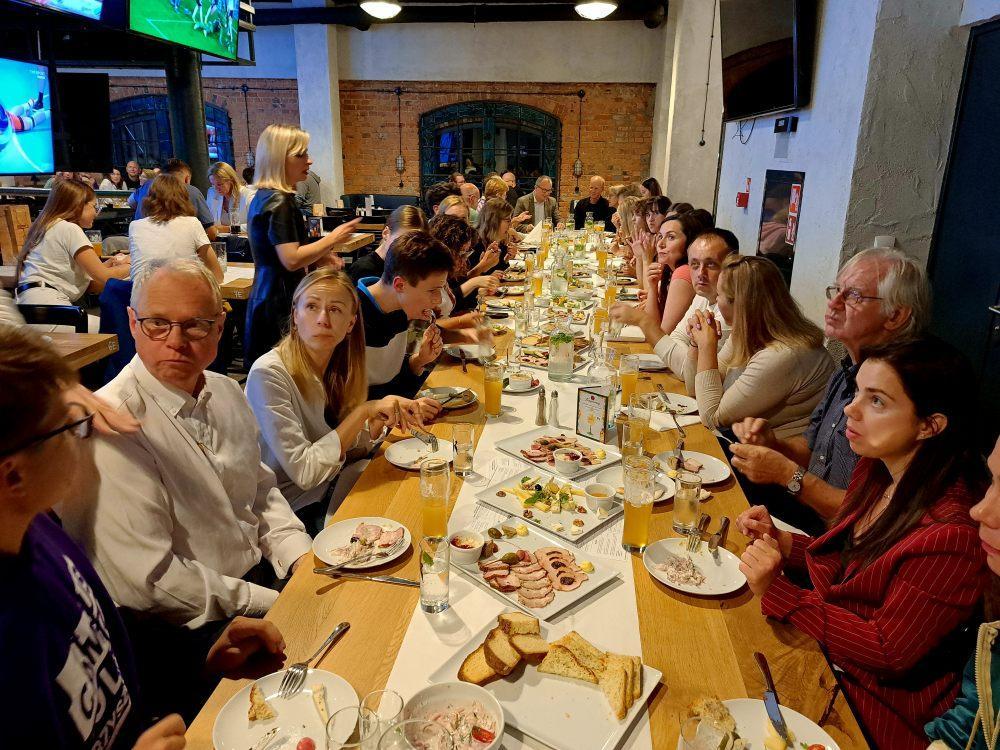 Photo: Elżbieta Seredyńska
Photo: Elżbieta Seredyńska
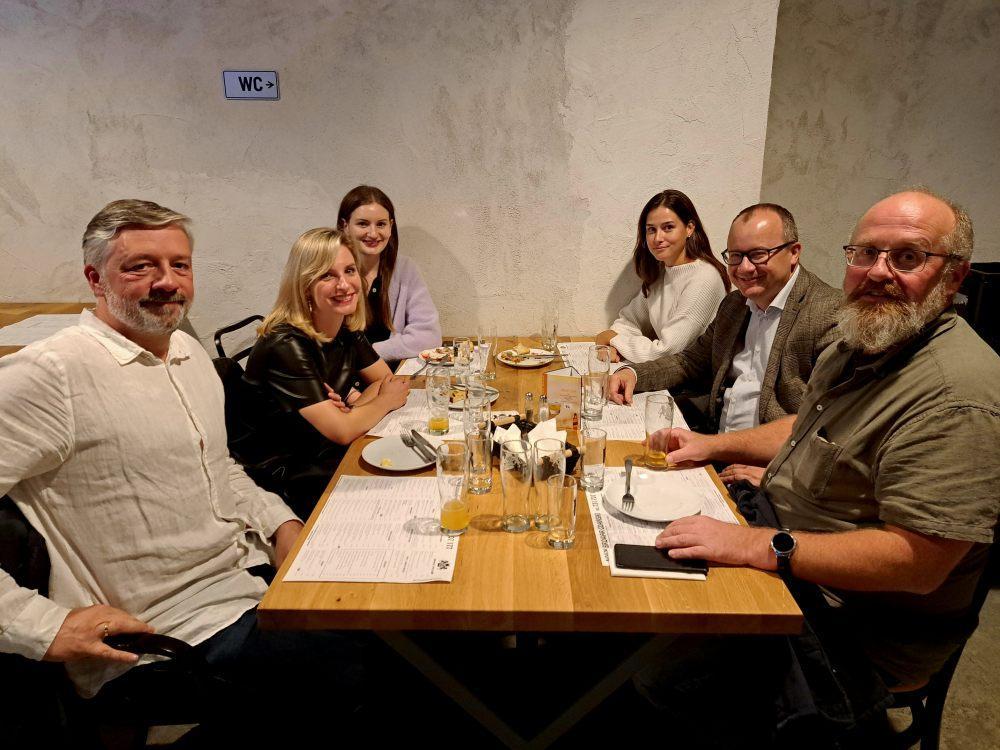 Photo: Elżbieta Seredyńska
Photo: Elżbieta Seredyńska
The participants of our Summer School had a unique opportunity to meet experts specializing in various aspects of law from different countries. Many distinguished professors agreed to give 1.5-hour lectures or conduct workshops. This would not be possible without dedication and commitment of Prof. Adam Bodnar, who had invited them personally.
Filip Czernicki, Ph.D.
Director of the Summer School on the Rule of Law
The Summer School on the Rule of Law was addressed to postgraduate students of law, sociology (or students of the final year of graduate programs), young scholars, and legal professionals (judges, prosecutors, attorneys), primarily from Central and Eastern Europe and the Baltic states as well as civil servants working in judicial or ombudsman institutions, and officers of international organizations (EU, Council of Europe, OSCE, Council of Baltic States). Forty attendees from 12 countries took part in the course, including Poland (17), Ukraine (8), Germany (2), Georgia (2), Armenia (2), and one person from each of the following countries: Albania, Bosnia and Herzegovina, France, Lithuania, Moldova, Romania, and Russia.
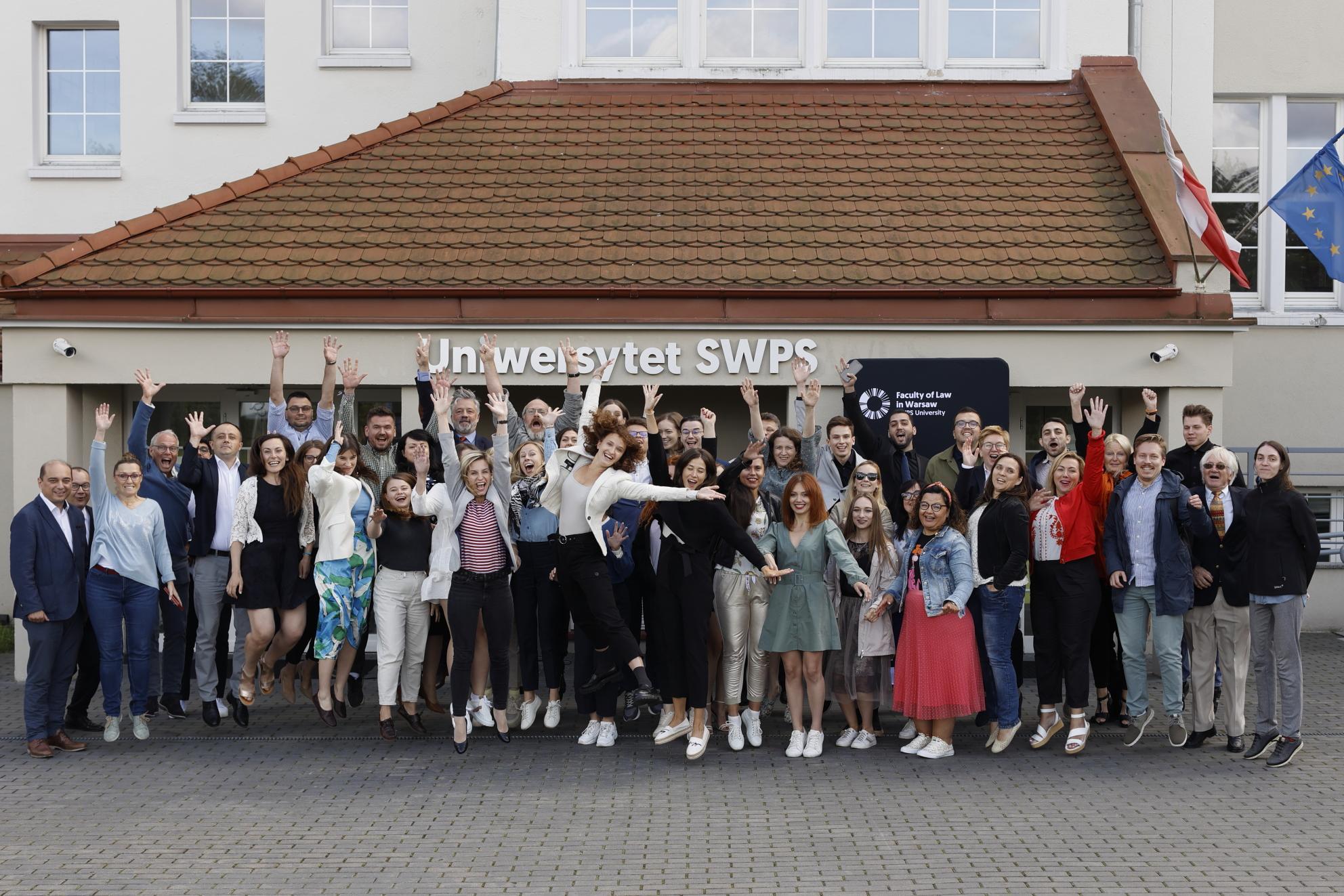 Photo: Grzegorz Mehring
Photo: Grzegorz Mehring
Enthusiastic reception of the Summer School
Please imagine 40 people diligently attending classes from 10.00 to 18.00, for ten days, while the lovely coastal city of Sopot was bathed in sunshine. The participants anonymously evaluated not only their lecturers but also the logistical and organizational aspects of our summer school. I must say that the majority of participants evaluated all aspects of our Summer School as very good or excellent, and I felt very proud of what we have achieved.
Filip Czernicki, Ph.D.
Director of the Summer School on the Rule of Law
Free admission thanks to EEA and Norway Grants
The Summer School on the Rule of Law was free of charge, including the cost of food, accommodation, and the tickets to the European Solidarity Center. The program was financed by the EEA and the Norway Grants.
Organizers